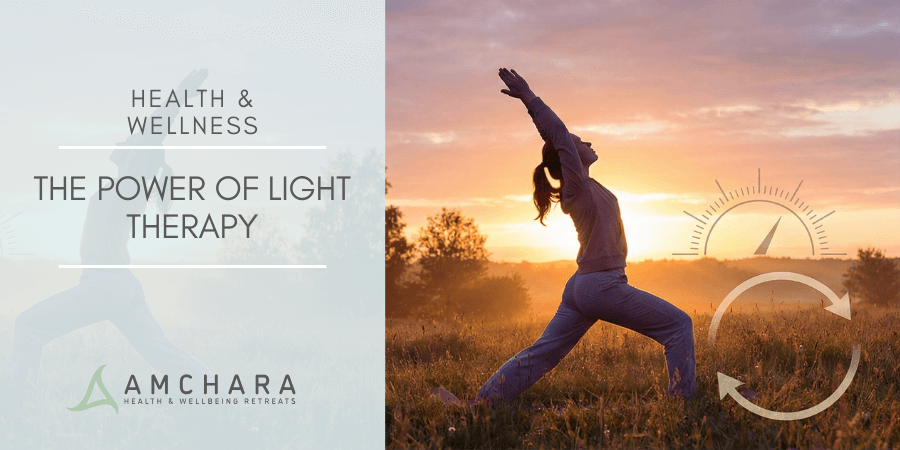The festive season is a time of joy and celebration. It’s also a time when alcohol often plays a central role in socialising. From office parties to family Christmas dinners and New Year’s Eve festivities with friends, alcohol is frequently present. While a glass of wine or a festive cocktail can enhance moments of levity, it’s important to be mindful of how alcohol consumption can affect your physical and mental health and wellbeing, particularly during this busy time of year.
In the modern internet world there is an overwhelming amount of information; it can be hard to find health advice that you can trust, particularly as the main media channels are typically dominated with a single, orthodox narrative.
We always take an evidence-based approach, orientated towards an holistic and Personalised Health approach, and aim to provide you with actionable knowledge and tips to help you on your journey to optimal health.
In this article, we’ll explore how to navigate alcohol consumption during the festive season with balance, mindfulness, and intention. We’ll also look into scientifically backed strategies to help you maintain a healthier relationship with alcohol, and conclude with how a stay at an Amchara detox health retreat can provide you with lasting support.
The effects of alcohol on your body and mind
During the holidays, alcohol is often synonymous with celebration. Whether it’s toasting with champagne or sharing mulled wine by the fire, drinking can foster connection and amplify your festive spirit. However, frequent and excessive alcohol consumption can negatively impact both your physical and mental health.
Dehydration: Alcohol is a diuretic, leading to increased fluid loss and dehydration, which can cause fatigue, headaches, and lethargy.
Sleep disruption: While alcohol may initially make you feel sleepy, it interferes with the restorative stages of sleep, which can leave you feeling tired and irritable. Studies show that drinking can decrease overall sleep duration as well as increasing sleep disturbances.
Weakened immunity: Regular alcohol consumption, especially in large quantities, suppresses the immune system, making you more prone to seasonal illnesses.
Mental health strain: Alcohol can amplify feelings of anxiety, stress, or sadness, particularly after the initial “buzz” wears off.
Weight gain: Alcoholic beverages are calorie-dense and can contribute to weight gain.
Strategies to manage alcohol during the festive season
You can enjoy the festive season without letting alcohol dominate your celebrations. Here are our scientifically backed strategies to help you maintain equilibrium during this time.
Moderation is key. Research consistently shows that limiting alcohol intake can significantly reduce its negative effects on health. The UK Chief Medical Officers’
recommend drinking no more than 14 units of alcohol per week, spread across several days, with alcohol-free days in between.
Balance means enjoying a drink or two at social events while setting limits to avoid overconsumption. Consider setting a personal maximum for how many drinks you’ll have and make sure you stick to it.
Shift your focus from alcohol to the social connections the festive season can bring. Engage in activities where alcohol isn’t the centrepiece – try ice skating, going for wintery walks, holiday baking, or watching festive films with friends and family. By prioritising experiences over drinking, you’ll create lasting memories that don’t revolve around alcohol.
Reflect on your relationship with alcohol. Are you drinking because you enjoy it, or do you feel pressured to conform to social norms? Building self-awareness around why you drink can help you make intentional choices. For example, if you feel obligated to drink at every event, practice in advance saying “no, thank you” confidently.
Having a plan can help you navigate social situations where alcohol is prevalent. Here are some practical strategies to adopt:
- Alternate drinks: Drink water or a non-alcoholic beverage between alcoholic drinks to stay hydrated and slow down consumption. Hydration is one of the simplest yet most effective ways to mitigate the effects of alcohol. Drinking a glass of water after each alcoholic beverage helps counteract dehydration, reduce the likelihood of hangovers, and moderate overall consumption.
- Choose lower-alcohol options: Opt for drinks with a lower alcohol content, such as spritzers or light beers.
- Eat before drinking: Consuming a balanced meal before drinking can slow alcohol absorption and reduce its impact on your body.
- Set a time limit: Plan to leave social events early or pace your drinks so that you’re not consuming alcohol all night.
Mindful drinking involves being present and intentional about your choices. Pay attention to how alcohol affects your mood, energy levels, and interactions. Ask yourself:
- Am I drinking because I want to, or out of habit, or pressure?
- How does this drink make me feel physically and emotionally? By staying attuned to your body and mind, you can be aware of your choices, and choose to enjoy less alcohol which can enhance rather than detract from your festive experience.
The science behind these strategies
Hydration and dehydration
Studies show that alcohol’s diuretic effects (promoting urine production) can lead to dehydration, exacerbating hangover symptoms and impairing cognitive function.
Alternating alcohol with water helps to replenish fluids and support your body’s recovery, as well as helping you to drink less alcohol overall.
Research links moderate alcohol consumption with reduced risks of certain conditions, such as heart disease. However, excessive drinking significantly increases the risk of many chronic health conditions including liver damage, obesity, and mental health disorders. Balancing your intake ensures you reap potential benefits without tipping into harm.
Mindfulness-based interventions have been shown to reduce unhealthy drinking habits by promoting awareness and self-control. This approach can help you develop a healthier, more balanced relationship with alcohol.
The role of Amchara detox health retreats
If you’re seeking long-term change, a stay at an Amchara detox health retreat can be transformative. Our retreats are designed to help you reset your relationship with alcohol in a supportive and nurturing environment. Here’s how we can help:
Amchara’s practitioners take a personalised approach to health, tailoring programmes to your unique needs. This includes identifying underlying factors that may contribute to unhealthy drinking habits, such as stress, poor sleep, or nutrient deficiencies.
Our guided detox programmes help your body eliminate toxins and repair the damage caused by alcohol. This process often leads to improved energy levels, better digestion, and enhanced mental clarity.
Appropriate nutrition is key to recovery and optimising your long-term health. Our retreats offer nutrition and supplements rich in nutrients to support your liver health, immune function, and overall wellbeing, all tailored to your individual health circumstances and goals.
Amchara can provide you with tools and strategies to help you change your mindset and build a sustainable relationship with alcohol. From mindfulness practices to stress management techniques, our supportive Personalised Health practitioners will empower you, and enable you to make positive choices, both on retreat and when you return home.
Takeaway
The festive season is a time for celebration, but it doesn’t have to revolve around alcohol. By approaching alcohol mindfully and implementing practical strategies, you can enjoy the holidays while protecting your health and well-being.
If you’re ready to take control of your relationship with alcohol, consider a stay at Amchara detox health retreat. With the support of our Personalised Health practitioners, you’ll gain the tools, knowledge, and confidence to embrace a healthier lifestyle – during the festive season and beyond. Celebrate this year with balance, levity, and intention, knowing that your health and wellbeing is the greatest gift you can give yourself.




